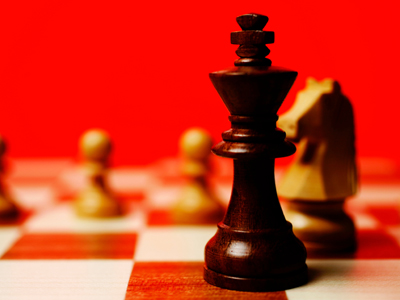
Punctuation (Avoiding Comma Splicing) 01
Do not use "comma splices" to link two sentences. Use a connective (conjunction) or a semi-colon, e.g. "The school is big and it has two halls", rather than "The school is big, it has two halls".
Comma splices happen when people try to combine two separate sentences into one, using a comma to join them together. But, as you know, commas are used to join subordinate/dependent clauses and phrases to sentences. In the example above, why would anyone try to join the two separate sentences: "The school is big" and "It has two halls"? One likely reason is that the second sentence is related to the first. But joining them together with a comma is not only incorrect punctuation, it also doesn't show what the relationship between the two ideas is. A variety of connectives supply different meanings:
The school is big, although it only has two halls.
The school was big, when it had two halls.
The school seemed big, because it had two halls.
Alternatively, by using a semi-colon, you imply that the second half of the sentence supports the first half ("The school is big; it has two halls" means that the school's size is obvious from the number of halls it has).
Whatever you do, don't just try to make a comma do work for which it is not designed!
Play this quiz to see how well you understand comma splicing.
This quiz is VERY hard because sometimes just one letter is wrong. Make sure you look at every letter to see if it is a capital!
I can't use that printer. The ink has dried out.
My brother is the eldest of us. He is twenty years old.
This ball is suitable for basketball. It bounces well.
The tent is large. Four people can sleep in it.
The house is huge. It has three floors.
I have lost my book. My name is on the front of it.
The mirror is lovely. It is a special offer.
The bag is blue. It has a pocket for my wallet.
The game takes ages to finish. It is very difficult.
Their garden is large. It even has a tennis court.
Ready for more?
not all...
quizzers. Try to win a coveted spot on our Hall of Fame Page.







